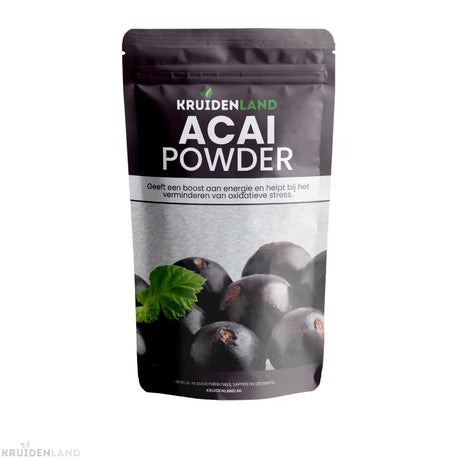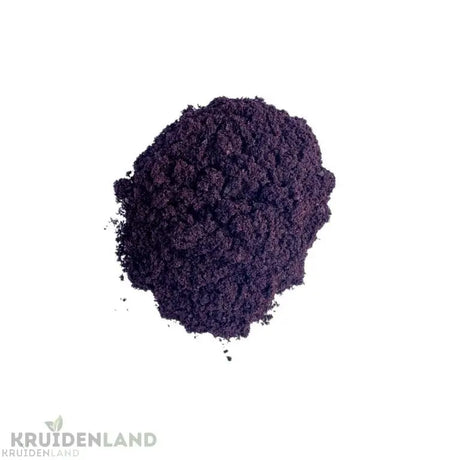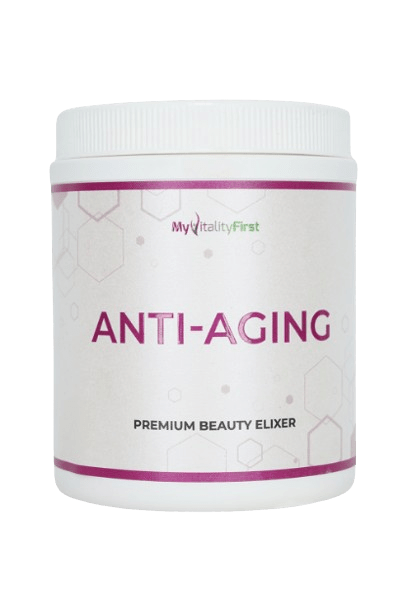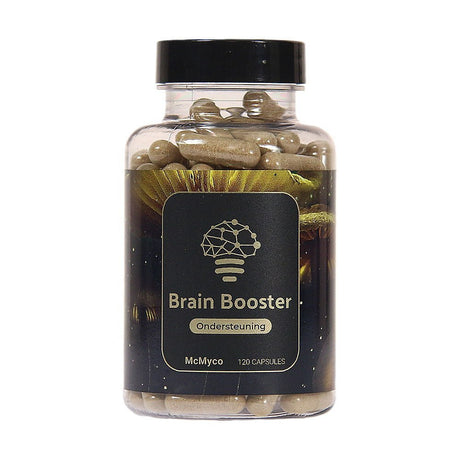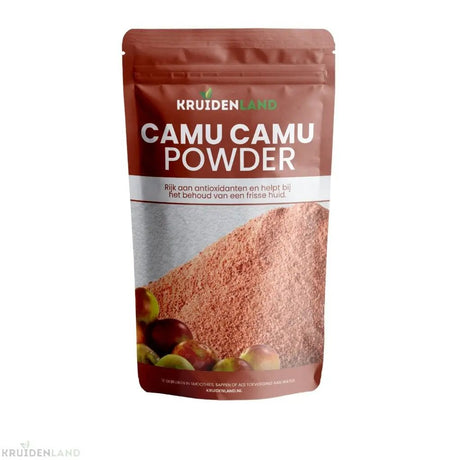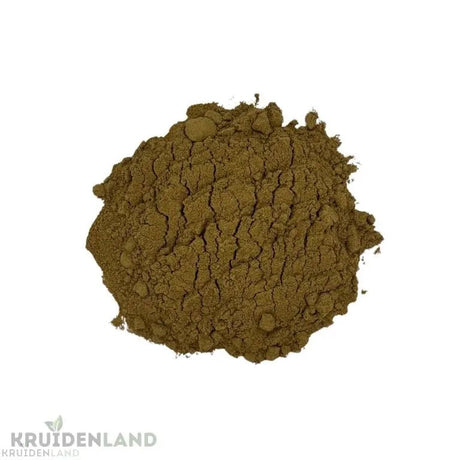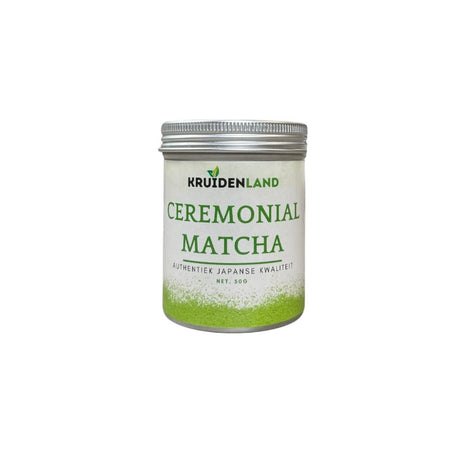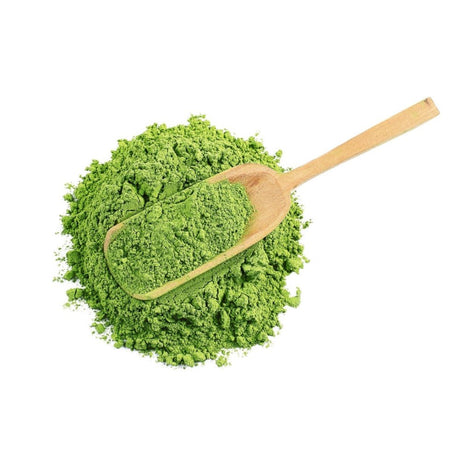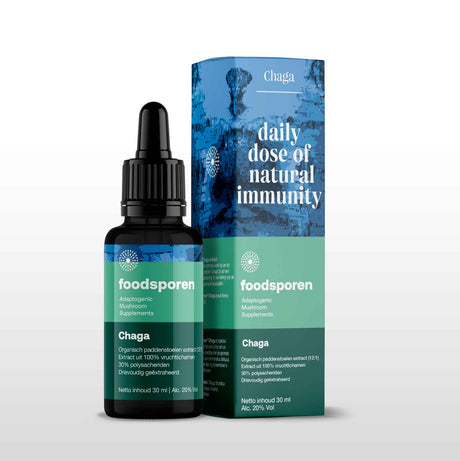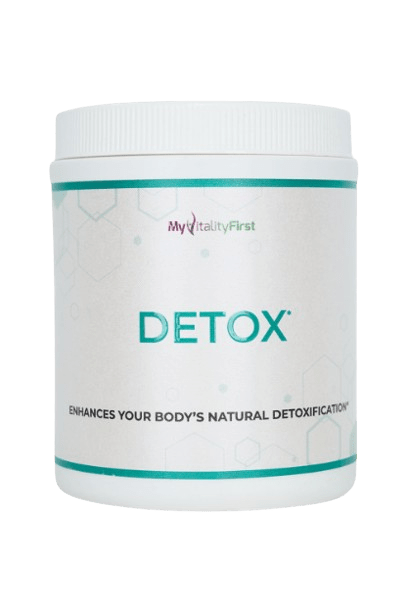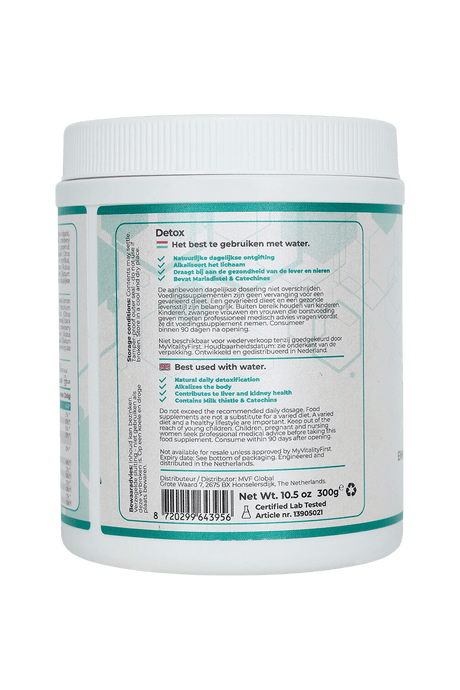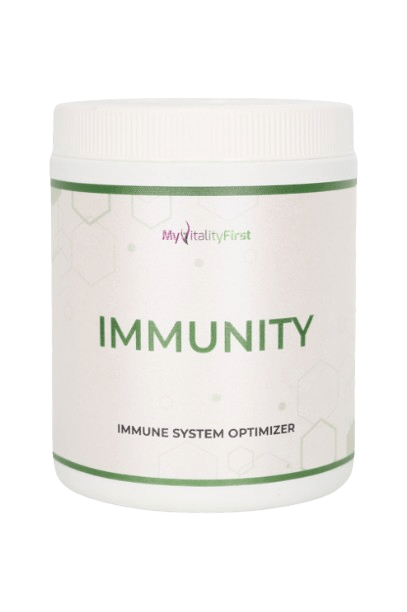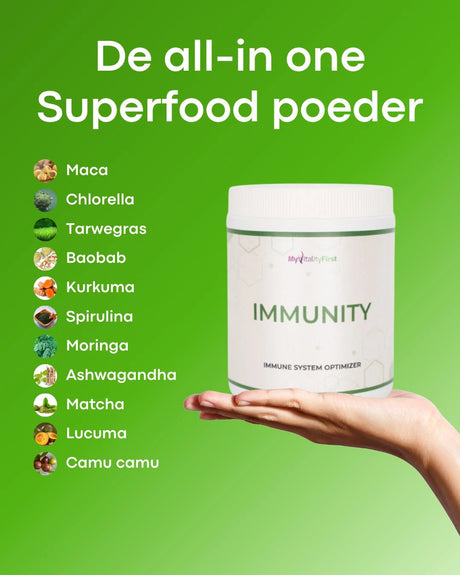Everything You Need to Know About Vitamins: From Vitamin A to Vitamin D
Vitamins play a crucial role in our health and well-being. Whether you want to know which foods contain vitamin C, how much vitamin D you need per day, or what the effects are of too much vitamin B12 – we cover it all in this blog. We provide clear answers and practical tips to optimize your daily intake of essential vitamins.
What Are Vitamins and Why Do We Need Them?
Vitamins are essential nutrients that the body needs to function properly. They support processes such as growth, recovery, and the immune system. Because your body cannot produce many of these vitamins itself, it is important to get them from food.
Let's dive deeper into the most important vitamins and where to find them.
Vitamin A: Important During Pregnancy and Beyond
What Does Vitamin A Do?
Vitamin A plays a role in vision, skin and the immune system. During pregnancy, vitamin A supports the growth and development of the baby.
Foods with Vitamin A
Vitamin A can be found in:
- Carrots
- Sweet potatoes
- Spinach
- Egg yolks
- Liver
A varied diet helps you get enough vitamin A without the risk of overdose.
Vitamin C: Your Best Friend When You Have a Cold
Why Is Vitamin C Important?
Vitamin C supports the immune system and helps with the absorption of iron. Many people take extra vitamin C when they have a cold to recover faster.
Foods with Vitamin C
For sufficient vitamin C you can eat these foods:
- Citrus fruits (oranges, lemons)
- Bell pepper
- Kiwis
- Strawberries
- Broccoli
Vitamin C How Much Per Day?
The recommended daily allowance of vitamin C for adults is about 75-90 mg per day . During a cold, some people take extra vitamin C supplements, but too much vitamin C (above 2,000 mg per day) can lead to stomach upset.
Vitamin D: How Much Do You Need Per Day?
Why Is Vitamin D Important?
Vitamin D supports bone health, the immune system and mood. Many people are deficient, especially in the winter.
Vitamin D How Much Per Day?
The recommended amount of vitamin D is:
- 10 micrograms per day for adults
- 20 micrograms per day for the elderly or people with dark skin
Which Foods Contain Vitamin D?
Vitamin D is found in:
- Fatty fish (salmon, mackerel)
- Egg yolks
- Fortified dairy products
Sunlight is the most important source of vitamin D. Be careful, however, because too much vitamin D (above 100 micrograms per day) can be harmful to your health.
Folic Acid: Essential for Health and Pregnancy
Why Folic Acid Is Important
Folic acid (vitamin B9) is essential for cell growth and development. Especially during pregnancy, folic acid is important to prevent birth defects.
Food With Folic Acid
Rich sources of folic acid are:
- Dark green leafy vegetables
- Beans
- Whole grain products
- Avocado
Vitamin B12: Energy and Nervous System
Why Do You Need Vitamin B12?
Vitamin B12 supports the production of red blood cells and the functioning of the nervous system.
Vitamin B12 Nutrition
Vitamin B12 can be found in:
- Meat
- Fish
- Dairy products
- Eggs
Vegans often need to take a supplement to get enough vitamin B12. Note that too much vitamin B12 usually has no harmful effects, as excess B12 is excreted in the urine.
E Vitamin (Vitamin E): Protection for Your Cells
What Does Vitamin E Do?
Vitamin E is a powerful antioxidant that helps protect your cells from free radical damage.
Food with Vitamin E
Vitamin E is found in:
- Almonds
- Sunflower seeds
- Avocados
- Vegetable oils
Conclusion: A Balanced Diet For Optimal Health
By consciously choosing foods with vitamin A, vitamin C, vitamin D and vitamin B12, you can support your health and well-being. Make sure you follow the recommended daily amounts and avoid overdosing. A balanced diet is the key to a healthy body and an energetic life.
Want to Know More About Superfoods and Vitamins?
Stay informed and discover our selection of superfoods at Kruidenland.nl – your specialist for natural and nutritious products!


